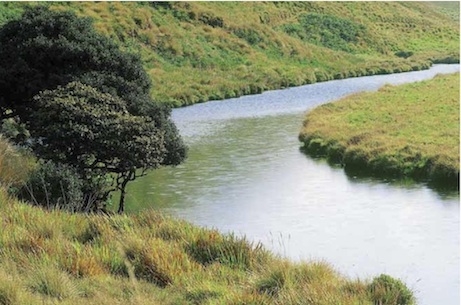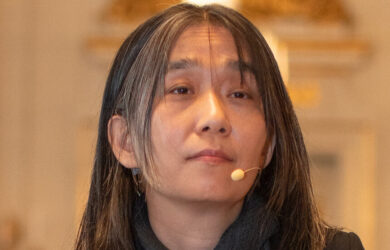
India's approach to biodiversity could be a model for other countries around the world, according to a UNDP report co-authored by a Gates Cambridge Alumnus.
India’s approach to biodiversity could be a model for other countries around the world, according to a new United Nations Development Programme report co-authored by a Gates Cambridge Alumnus.
The UNDP report ‘Conservation Across Landscapes: India’s Approaches to Bio-diversity Governance’, co-authored by Sushil Saigal [2006], calls for a “landscape approach” to biodiversity governance which allows a range of ecosystems to thrive.
The report provides a detailed review of the five main bio-diversity management models in India and explores their effectiveness in conserving biodiversity, providing community access to resources and sharing of benefits and institutional design. It concludes that solutions to conservation challenges require a variety of approaches. The models reviewed are protected areas, territorial forests, community efforts, co-management of forests and decentralised governance of biodiversity.
The report says India’s huge biological diversity and different ways of using its natural resources have led to a range of different approaches to conservation.
It concludes: “There is no one-size-fits-all solution for effective biodiversity management. Neither ‘exclusive’ protected areas nor community-based conservation is a solution for all conservation problems.
“The Indian experience of employing a range of governance models to balance conservation and development in different contexts has immense relevance across the world. One picture is clearly emerging – while operating under different policy, planning and institutional frameworks, a common thread runs through all these models – an increasing shift towards a landscape approach anchored strongly on participatory approaches.”
The book, whose publication has been covered by the Indian media including Outlook India, was released by India’s Environment & Forest Minister during the recently concluded Conference of Parties of the UN Convention on Biological Diversity.
It can be seen/downloaded from the UNDP site.
Sushil, who has just completed his PhD in Human Geography, has recently joined USAID-Government of India “Forest PLUS” project as Institutional Development/Governance Advisor.
He says: “The project aims to promote sustainable landscapes with a focus on forests to address the issue of climate change. It is being implemented in three landscapes in the Himalayas, Western Ghats and forests of central India.”
Photo: UNDP












